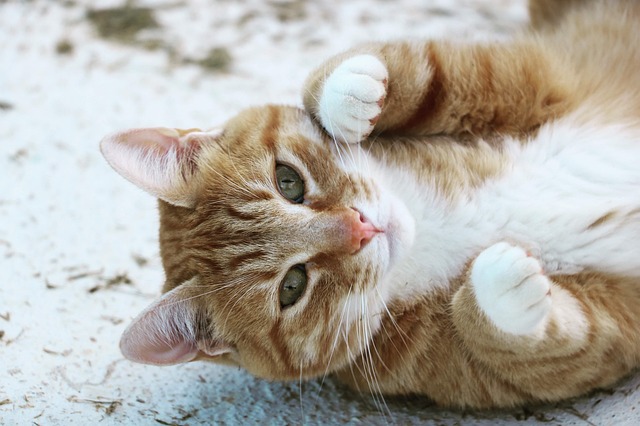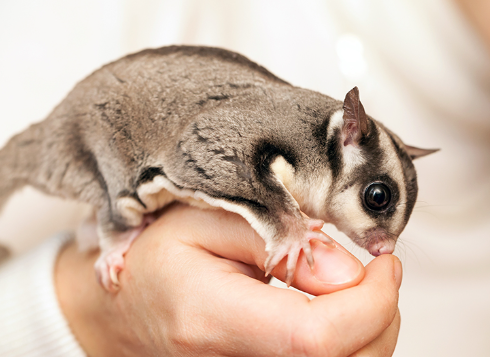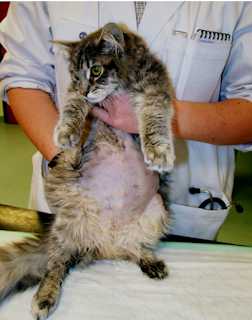What is FIP in cats?
What is FIP in Cats: Understanding Feline Infectious Peritonitis
Feline infectious peritonitis (FIP) is a serious viral disease affecting cats worldwide. Caused by a mutation of the feline coronavirus (FCoV), FIP triggers an abnormal immune response in cats, leading to inflammation and damage throughout the body. While FCoV itself is quite common, only a small percentage of infected cats develop FIP.
This article explores FIP in cats, covering its causes, symptoms, diagnosis, and current treatment options.
Understanding Feline Coronavirus (FCoV)
Most cats are exposed to FCoV at some point in their lives, often with no signs of illness. This virus typically causes mild, short-term diarrhea, and the cat's immune system effectively controls the infection. However, in some cases, the virus mutates into a more aggressive form known as the feline infectious peritonitis virus (FIPV). This mutated virus can trigger a hyperactive immune response, leading to the
Development of FIP.
Symptoms of FIP in Cats
FIP is a complex disease with a wide range of symptoms that can vary depending on
the affected organs. Some common signs include:
Fever
Lethargy
Weight loss
Loss of appetite
Abdominal fluid ac***ulation (wet FIP)
Difficulty breathing
Neurological problems
Diagnosing FIP in Cats
Unfortunately, diagnosing FIP can be challenging due to the lack of a single definitive test. Veterinarians often rely on a combination of blood tests, imaging techniques, and ****ysis of fluid samples to reach a diagnosis.
Treatment Options for FIP
Until recently, FIP was considered a fatal disease. However, significant advancements have been made in recent years, offering new hope for affected cats. While there is still no cure, antiviral medications and immunomodulatory drugs have shown promising results in managing the disease and improving the quality and lifespan of cats with FIP.
Living with a Cat Diagnosed with FIP:
If your cat is diagnosed with FIP, working closely with your veterinarian is crucial to manage the symptoms and provide your cat with the best possible care. This may involve medication, dietary changes, and supportive care to improve their comfort and well-being.
Remember: Early detection and treatment can significantly impact the outcome for cats with FIP. If you notice any concerning signs in your cat, consult your veterinarian promptly for a thorough evaluation.












Leave a comment